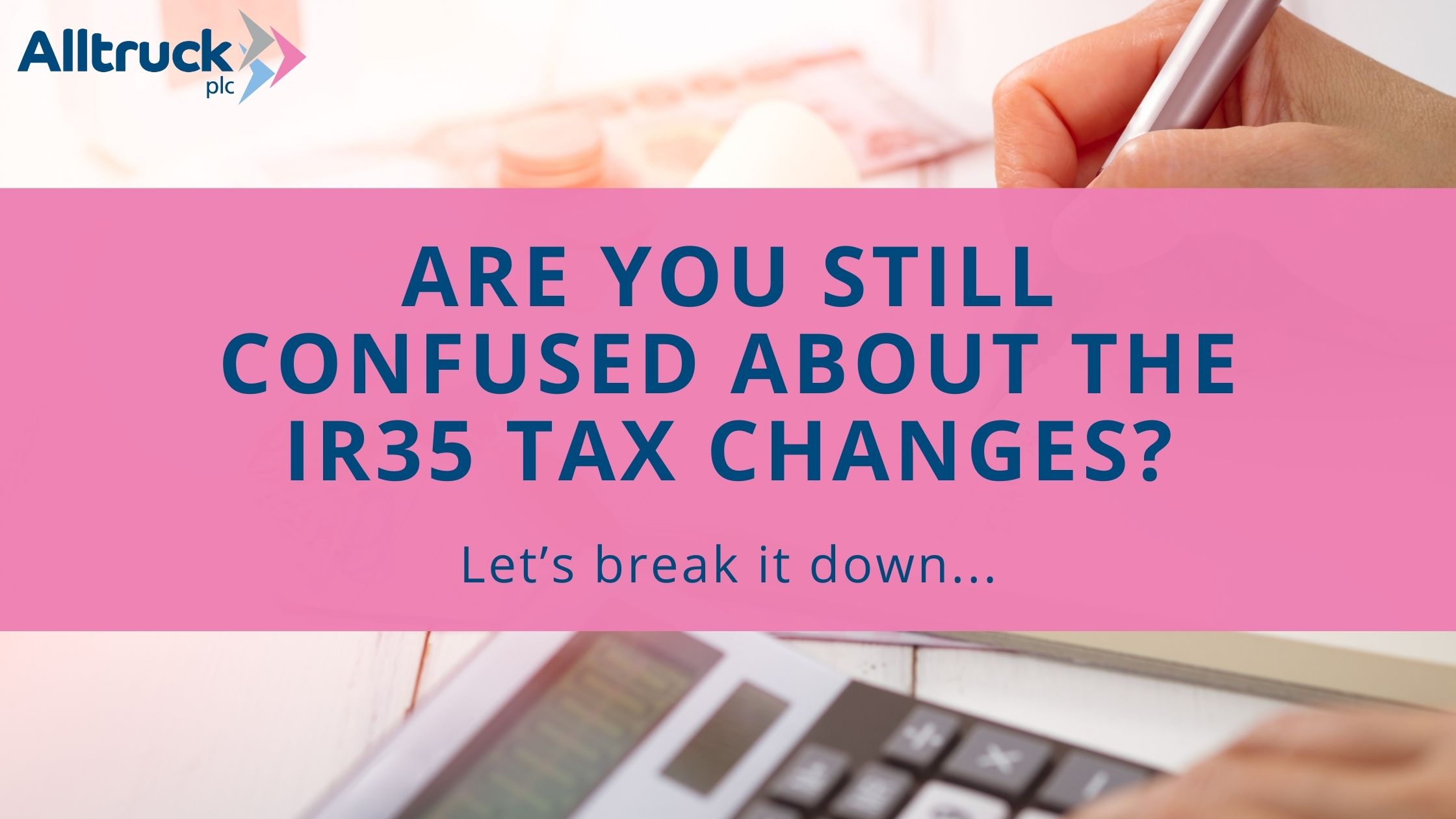
IR35 has been causing a bit of a stir in the industry over the last few months, and it finally came into place in April. So, we thought we’d investigate the IR35 tax changes and put together a simple guide on what IR35 could mean for your business.
The ‘IR35’ sounds like some sort of code word for a secret mission. So, first, let’s break the code.
Basically, IR35 is another name for the off-payroll working rules. It’s designed to assess whether a contractor is a genuine contractor rather than a ‘disguised’ employee, for the purposes of paying tax.
The principal aim of the IR35 legislation was to prevent workers from setting up Limited Companies through which they saved tax and NI contributions whilst working, in effect, as an employee.

IR35 was introduced in 1999, and the rules recently changed in April 2021 (postponed from April 2020 due to Covid). These changes mean that:
In this context, medium-sized and large businesses (those potentially affected by IR35) are being classed as those with a:

A significant number of contracted drivers are included within the 4.8 million people classed as self-employed in the UK.
For quite a while now, HMRC has taken an interest in the arrangements between transport companies and drivers who are registered as self-employed.
This is because, in many cases, a self-employed driver will be the only person in the company providing the service and they work in the same way as a driver who was engaged under a contract of employment would.
This can be a way of reducing tax and National Insurance liabilities and the arrangements are that of employer and employee.
Under current HMRC guidance, it is only in very limited circumstances that a driver will be truly self-employed. Where a company is instructing the driver as to the tasks and daily schedule, providing a vehicle, insurance, and fuel costs, it will usually be deemed that the driver is an employee.
A self-employed worker should be given an element of autonomy in their working day and be able to substitute their attendance for another. They should also be responsible to bear any costs of service and the risk element, for example where a journey is much longer than anticipated, their fee should not change.

For driving agencies, the application of IR35 is a significant change. Previously, agencies supplying drivers identifying as limited companies have been able to offer lower hourly rates to their customers. This is because they are essentially paying a company for a service rather than an employee through payroll, and so are not required to pay employers’ national insurance or provide workplace pension contributions.
A consequence of the new IR35 legislation is that these agencies can no longer contract drivers via the limited company ‘off-payroll’ model and are now required to employ drivers as employees, paying employers’ NI and maintaining a workplace pension scheme.
However, this change is not only pertinent to the agencies utilizing the ‘limited company’ model, but also their customers, as all employers are legally obliged to ensure that anyone working for their business (including agency workers) is not infringing IR35 rules.
If you’ve read through this article and you’re concerned that you may be affected by IR35, but you’ve not done anything about it yet – don’t worry! You’re not too late to put things into place, but it’s best to get it sorted out as soon as possible.
HMRC has introduced the CEST tool, to help employers categorise their workers. However, this has been criticised by some as it can be manipulated with self-serving answers to generic questions and will only give an indication. Therefore, if you require solid advice on IR35, you should talk to your accountant or visit the government website: https://www.gov.uk/topic/business-tax/ir35.
You can also get in touch with Alltruck plc on enquiries@alltruckplc.co.uk and our team can point you in the right direction to find help.